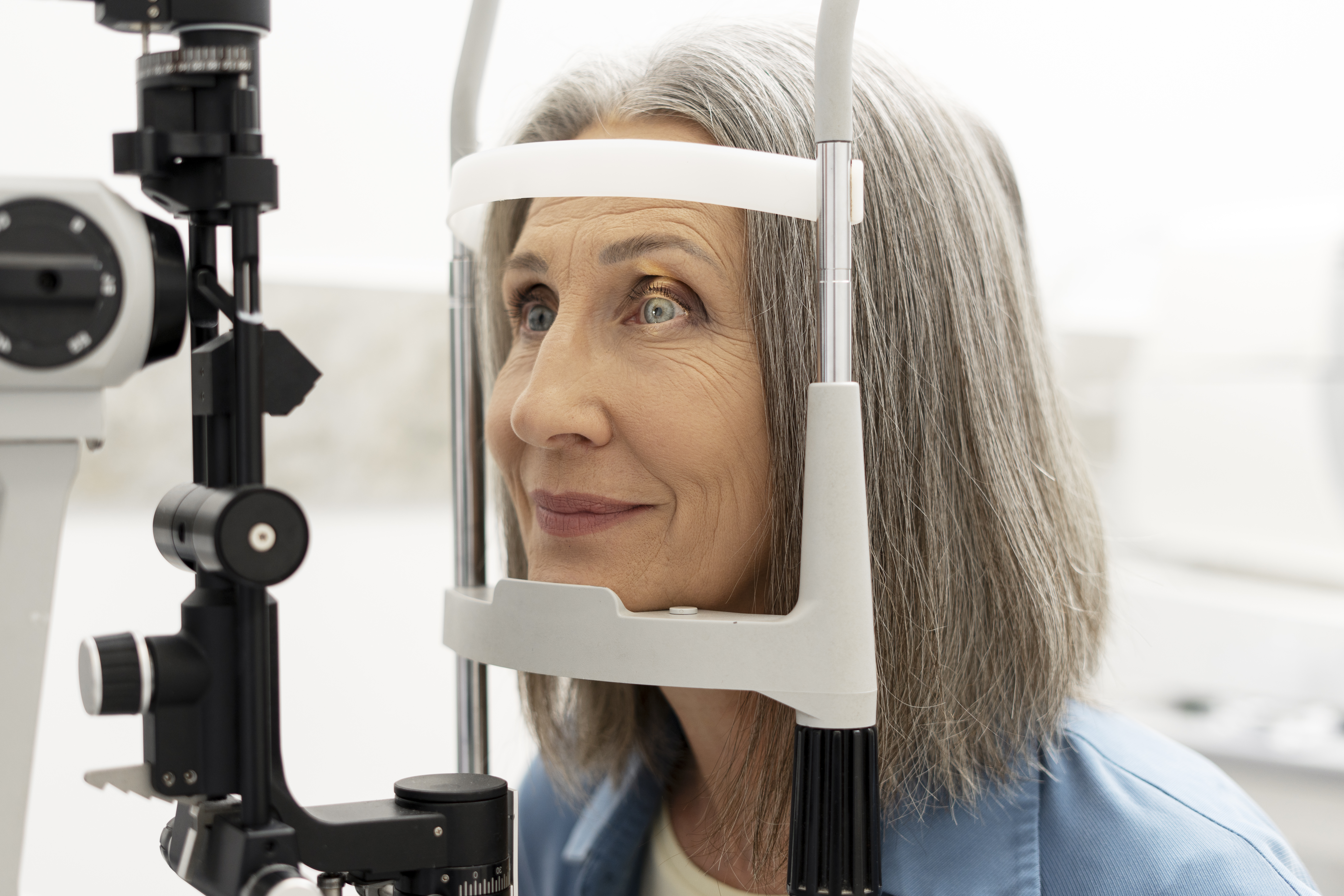12 Benefits You Might Not Know Are Covered by Medicaid
Medicaid, a vital program in the United States, provides healthcare coverage to millions of low-income individuals and families. While most people are aware of its primary benefits, such as hospital and doctor visits, there are numerous lesser-known advantages that can significantly enhance the quality of life for beneficiaries. These hidden gems are often overlooked but can offer substantial support in various aspects of health and well-being. This article delves into 12 such benefits that you might not be aware of, shedding light on how Medicaid can provide comprehensive support beyond traditional healthcare services. Understanding these benefits can empower beneficiaries to make informed decisions about their health and financial planning, ensuring they fully utilize the resources available to them. As we explore each section, you'll discover how Medicaid's scope extends far beyond basic medical care, offering a range of services that cater to diverse needs.
1. Transportation Services: Bridging the Gap

One of the most significant barriers to accessing healthcare is transportation. Medicaid addresses this issue by offering non-emergency medical transportation (NEMT) services. This benefit ensures that beneficiaries can attend medical appointments, therapy sessions, and other essential healthcare visits without the stress of arranging transportation. NEMT services can include ridesharing, public transit passes, or even specialized vehicles for those with mobility challenges. By providing reliable transportation, Medicaid helps reduce missed appointments and supports better health outcomes. This service is crucial for individuals living in rural areas or those without access to a vehicle, ensuring that healthcare is accessible to all, regardless of their location or financial situation.
2. Home and Community-Based Services: Aging in Place

Medicaid's Home and Community-Based Services (HCBS) allow individuals, particularly the elderly and those with disabilities, to receive care in their homes rather than in institutional settings. This benefit promotes independence and enhances the quality of life by providing services such as personal care, homemaker assistance, and respite care for family caregivers. By supporting individuals in their preferred living environments, HCBS helps maintain community ties and personal autonomy. This approach not only aligns with the desires of many to age in place but also often proves to be more cost-effective than institutional care. Medicaid's commitment to community-based support reflects a broader understanding of health that encompasses social and emotional well-being.
3. Mental Health Services: Comprehensive Care

Mental health is an integral component of overall well-being, and Medicaid offers a range of services to address mental health needs. These services include counseling, therapy, psychiatric evaluations, and medication management. Medicaid's mental health benefits aim to reduce the stigma associated with seeking help and ensure that beneficiaries have access to the care they need. By covering mental health services, Medicaid acknowledges the importance of treating mental health conditions with the same urgency and attention as physical health issues. This comprehensive approach helps individuals manage conditions such as depression, anxiety, and bipolar disorder, improving their quality of life and ability to participate fully in society.
4. Dental Care: A Smile Worth Protecting

Oral health is a critical aspect of overall health, yet it is often neglected. Medicaid provides dental benefits that can include preventive care, cleanings, fillings, and even dentures in some states. These services are essential for preventing oral diseases that can lead to more severe health issues if left untreated. Access to dental care through Medicaid ensures that beneficiaries can maintain healthy teeth and gums, which in turn supports better nutrition and general health. While dental benefits can vary by state, Medicaid's commitment to oral health underscores the program's holistic approach to healthcare, recognizing the interconnectedness of physical health systems.
5. Vision and Hearing Services: Enhancing Quality of Life

Medicaid also covers vision and hearing services, which are vital for maintaining quality of life and independence. Vision benefits may include eye exams, glasses, and contact lenses, while hearing services can cover exams and hearing aids. These benefits are crucial for individuals who rely on these senses for communication, mobility, and daily functioning. By providing coverage for vision and hearing, Medicaid helps prevent accidents, supports educational and employment opportunities, and enhances social engagement. Ensuring access to these services highlights Medicaid's role in supporting the full spectrum of health needs, from basic care to specialized support.
6. Prescription Drug Coverage: Affordable Medications

Prescription medications are a cornerstone of modern healthcare, and Medicaid's prescription drug coverage ensures that beneficiaries can afford the medications they need. This benefit includes a wide range of medications, from antibiotics to chronic disease management drugs, ensuring that individuals can adhere to their prescribed treatment plans. By reducing the financial burden of medication costs, Medicaid helps prevent complications from untreated conditions and supports better health outcomes. The program often negotiates with pharmaceutical companies to secure lower prices, further enhancing affordability for beneficiaries. This aspect of Medicaid is critical in managing both acute and chronic health conditions effectively.
7. Preventive Services: Staying Ahead of Illness

Preventive care is essential for maintaining health and preventing disease. Medicaid offers a variety of preventive services, including vaccinations, screenings, and wellness check-ups. These services are designed to catch potential health issues early, when they are most treatable, and to promote healthy lifestyles. By prioritizing prevention, Medicaid helps reduce the long-term costs and health impacts of chronic diseases such as diabetes, heart disease, and cancer. Encouraging beneficiaries to utilize preventive services reflects Medicaid's proactive approach to healthcare, emphasizing the importance of maintaining health rather than just treating illness.
8. Long-term Care Services: Support for Chronic Needs

For individuals with chronic illnesses or disabilities, long-term care services are essential. Medicaid provides coverage for long-term care in both institutional settings, such as nursing homes, and through home-based care options. These services include assistance with daily activities, skilled nursing care, and rehabilitation services. By offering long-term care benefits, Medicaid supports individuals with complex health needs, allowing them to receive the necessary care while maintaining as much independence as possible. This benefit is particularly important for families who may struggle to afford the high costs of long-term care out-of-pocket, providing peace of mind and financial stability.
9. Substance Use Disorder Services: Pathways to Recovery

Substance use disorders (SUDs) are a significant public health issue, and Medicaid plays a crucial role in providing treatment and support for individuals struggling with addiction. Medicaid covers a range of SUD services, including detoxification, counseling, medication-assisted treatment, and residential treatment programs. By offering comprehensive support for SUDs, Medicaid helps individuals on their journey to recovery, reducing the risk of relapse and promoting long-term health and well-being. Addressing substance use disorders through Medicaid not only benefits the individual but also has broader societal impacts, decreasing healthcare costs and improving community safety and productivity.
10. Maternity and Newborn Care: Supporting Families

Medicaid's maternity and newborn care benefits provide essential support for expectant mothers and their babies. These services include prenatal care, labor and delivery, postpartum care, and pediatric care for newborns. By ensuring access to comprehensive maternity services, Medicaid helps improve maternal and infant health outcomes, reducing the risk of complications during pregnancy and childbirth. Early and consistent care is vital for the health of both mother and child, and Medicaid's support in this area underscores the program's commitment to family health. This benefit is particularly important for low-income families, who may face financial barriers to accessing quality maternity care.
11. Hospice and Palliative Care: Compassionate Support

For individuals facing terminal illnesses, Medicaid provides hospice and palliative care services that focus on comfort and quality of life. These services include pain management, emotional support, and assistance with daily activities. Hospice care is typically provided in the home, allowing individuals to spend their final days in a familiar and supportive environment. By covering hospice and palliative care, Medicaid ensures that individuals receive compassionate and dignified care at the end of life, supporting both the patient and their family. This benefit highlights Medicaid's holistic approach to healthcare, emphasizing the importance of addressing physical, emotional, and spiritual needs.
12. Telehealth Services: Expanding Access

The rise of telehealth has transformed healthcare delivery, and Medicaid has embraced this innovation by covering telehealth services. This benefit allows beneficiaries to access medical care remotely, through video calls, phone consultations, or online messaging. Telehealth is particularly beneficial for individuals in rural areas or those with mobility challenges, as it eliminates the need for travel and reduces wait times for appointments. By supporting telehealth, Medicaid expands access to care, ensuring that beneficiaries can receive timely medical attention and maintain continuity of care. This modern approach to healthcare delivery reflects Medicaid's adaptability and commitment to meeting the evolving needs of its beneficiaries.
Empowering Beneficiaries Through Knowledge

Understanding the full range of Medicaid benefits is crucial for beneficiaries to maximize their healthcare resources. The 12 lesser-known benefits explored in this article demonstrate Medicaid's comprehensive approach to supporting health and well-being. From transportation services and home-based care to mental health support and telehealth, Medicaid offers a diverse array of services that address the multifaceted needs of its beneficiaries. By being informed about these benefits, individuals can make empowered decisions about their healthcare, ensuring they receive the support they need to lead healthy, fulfilling lives. As healthcare continues to evolve, Medicaid remains a critical safety net, adapting to meet the changing needs of the population and providing essential services to those who need them most.